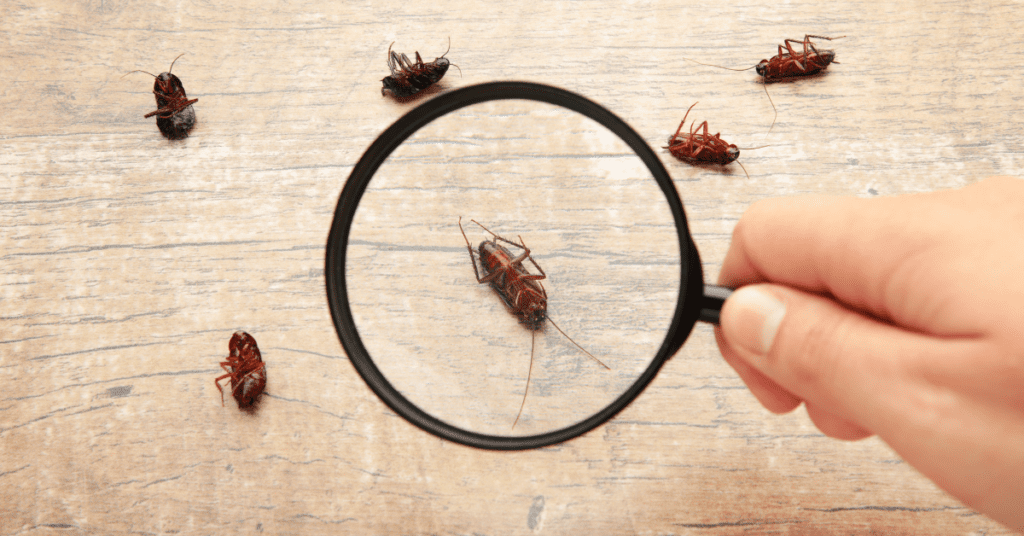The History of Pest Control: From Ancient Times to Modern-Day Methods

Pest control has been around for centuries, but it is only in the last few decades that we have seen a rise in effective pest control methods. In this article we will explore the history of pest control, from ancient times to modern-day methods, to better understand how we got to where we are today.
An Overview of Pest Control
Pest control is the practice of managing insects, rodents, and other unwanted pests that may cause harm to humans, our environment, or our property. It involves strategies like extermination, removal, prevention, and monitoring to keep these vermin away from where they are not wanted. Pest control can also be used to manage beneficial species in agricultural settings.
Early History of Pest Control
What is the earliest known form of pest control? The first recorded instance of pest control dates back to 2500 BC when the ancient Sumerians used sulfur compounds to kill insects. This was likely done as an attempt to reduce crop damage caused by pests.
Throughout history, there have been several other methods in use. The ancient Greeks famously used fire to chase away locusts into the sea. While in Italy, the mathematician Pythagoras drained marshes in order to reduce the spread of malaria.
In ancient Rome, lead arsenate was used to prevent crop damage, however, this practice eventually fell out of favour due to its poisonous nature. Later in history, during the Renaissance period, natural treatments were preferred over chemical applications. During this same time, the four main methods of pest control were identified: physical destruction, fumigation, trapping, and poisoning.
Modern Pest Control Solutions
Modern methods of pest control build on the advances in technology and science from past civilizations. Today, pest control solutions are based on low-toxic solutions that can be more efficient and sustainable than harsh chemicals.
Technology has also revolutionized the pest control industry. Electronic traps, smart pest control systems, drones, biological control, and data analytics are just some of the ways technology has improved pest control methods.
Challenges with Modern Pest Control
Despite the advancements in pest control, there are still challenges present. Unfortunately, the use of insecticides has resulted in environmental contamination as well as the development of resistance in some pest species. Additionally, because insecticides are poisonous compounds, they may pose a risk to both human and animal health.
Successful Strategies for Pest Management
When it comes to successful pest management strategies, the key is prevention. Taking away food, water, and shelter sources wherever possible can discourage pests’ entry and presence. Regularly disposing of garbage with a tightly closed lid, reducing clutter, and sealing any cracks in walls or foundations can also help control pest activity.
Using professional pest management services may also be effective in eliminating and controlling pests. These companies typically provide pest inspections, advice on best practices, and long-term preventive measures.
Conclusion
Pest control has come a long way over the centuries – from early attempts at sulfur compounds to modern-day low-toxic solutions. Technology has enabled us to develop more effective and humane pest control solutions, however, there are still challenges posed by pest control in the modern era. Fortunately, following simple preventive measures and using professional pest management services can go a long way towards eliminating and managing pests.
